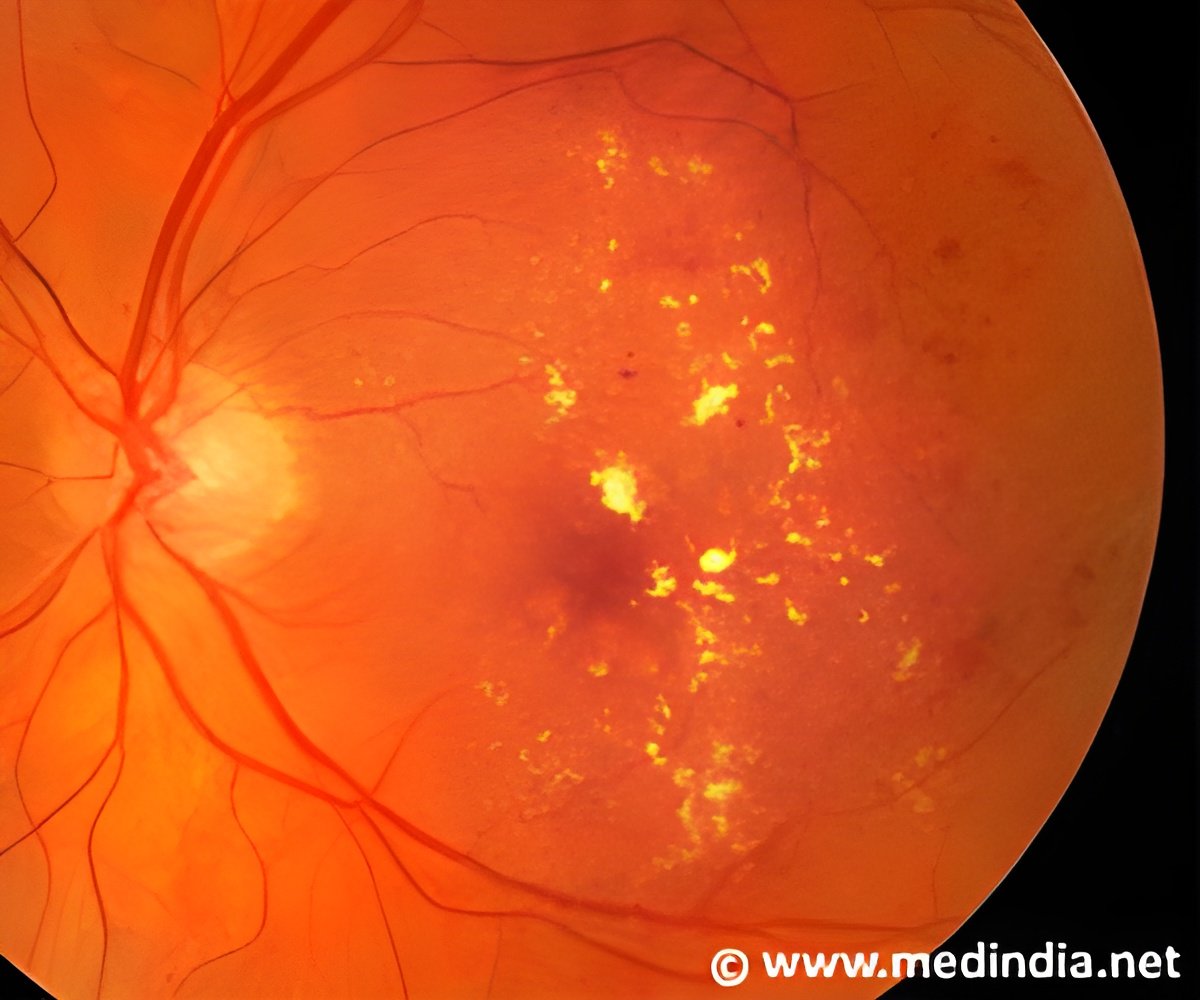Neurons in the eyes produce a chemical that is critical for the survival of blood vessels and function of photoreceptors to maintain eyesight.

The findings have implications for treating diseases such as diabetic retinopathy and age-related macular degeneration - the leading causes of vision loss in adults. These also provide clues to major neurological diseases such as Alzheimer’s.
In the new study, the team focused on neurons called amacrine cells and horizontal cells, which have a known role in adjusting electrical signals transmitted to the brain from the photoreceptors after they have been stimulated by light photons.
These cells first caught the researchers’ attention because they appear to wrap themselves around the blood vessels (all together called the vasculature) of the intermediate layer.
The researchers "knocked out" the production of VEGF in the amacrine and horizontal cells in mice before they were born.
When blood flow and oxygen levels are low, a transcription factor called hypoxia-inducible factor (HIF) triggers the production of a chemical called VEGF.
Advertisement
They found that these mice never developed normal blood vessels in the intermediate layer, leading to degeneration of the photoreceptors and severe vision impairment.
Advertisement
This provides evidence that VEGF from the amacrine and horizontal cells really does make a difference in blood vessel growth.
"This is fascinating. The signals from these cells are fine-tuning this layer of the vasculature," the authors noted.
The study was published in The Journal of Clinical Investigation.
Source-IANS















